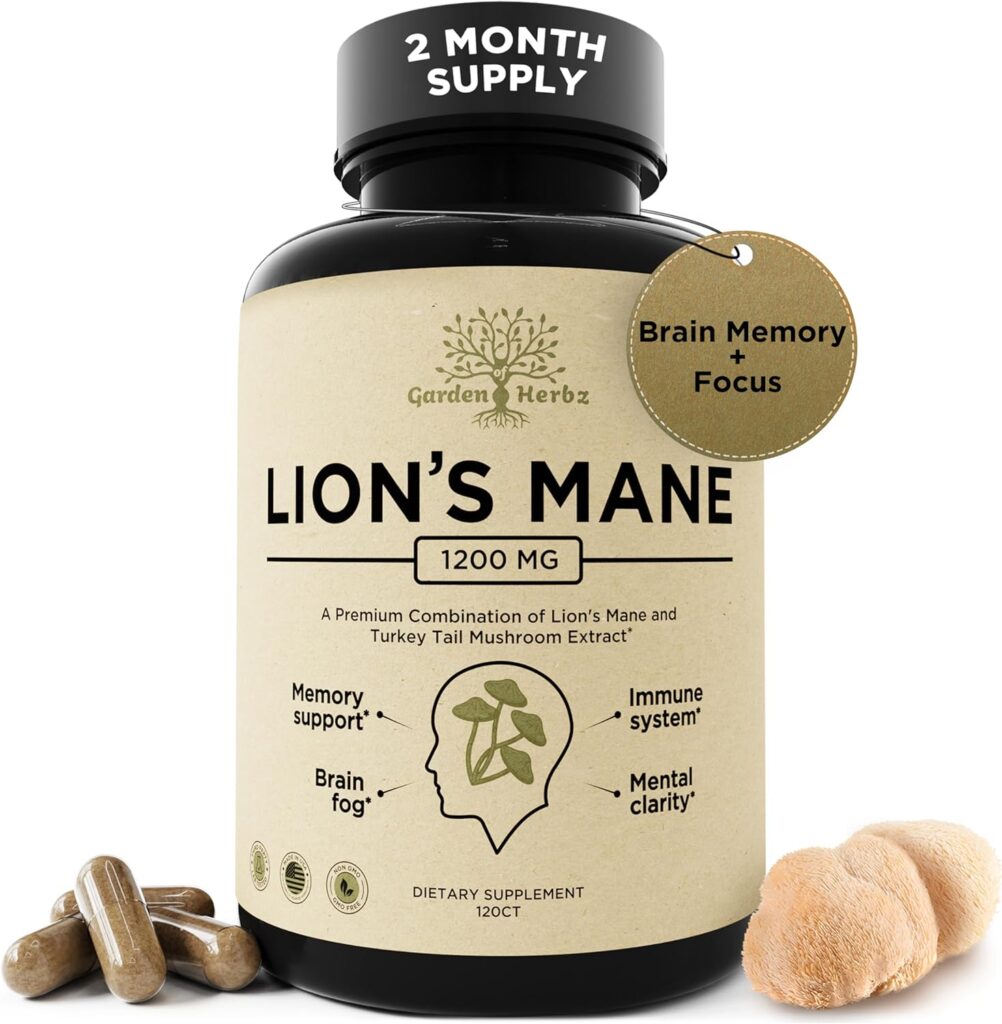Anxiety is a common condition that affects millions of people worldwide, leading to feelings of fear, nervousness, and unease.
Whether it’s occasional stress or more persistent anxiety, the symptoms can interfere with daily life, including work, relationships, and overall well-being.
Symptoms of anxiety can vary, but typically include rapid heartbeat, excessive worry, restlessness, difficulty concentrating, and physical symptoms like muscle tension or headaches.
Fortunately, there are numerous strategies to manage and support anxiety, so you don’t have to face it alone.
In this post, we’ll explore five ways to support anxiety, starting with its symptoms.
Let’s dive in!
What Are the Symptoms of Anxiety?
Anxiety can manifest in a variety of physical, emotional, and behavioral symptoms, including:
- Excessive Worrying: Constantly feeling worried or on edge, even without clear reasons.
- Restlessness or Agitation: Feeling restless, fidgety, or having difficulty sitting still.
- Fatigue: Experiencing constant tiredness, often due to mental exhaustion.
- Difficulty Concentrating: Struggling to focus or remember things.
- Physical Symptoms: Muscle tension, headaches, stomach issues, or a racing heart.
- Avoidance Behaviors: Avoiding certain situations or activities due to fear or worry.
Now that we’ve covered the symptoms, let’s explore five ways to support your anxiety and reclaim a sense of peace and calm.
5 Ways to Support Anxiety
1. Take a Lion’s Mane Supplement
Lion’s Mane is a powerful mushroom known for its ability to support brain health and anxiety.
This natural nootropic contains compounds that stimulate the production of nerve growth factor (NGF), which supports the growth and maintenance of neurons in the brain.
By promoting neurogenesis and improving cognitive function, Lion’s Mane can help reduce anxiety symptoms and promote mental clarity.
Studies have shown that Lion’s Mane may also improve mood and potentially reduce feelings of depression, making it an excellent supplement for those looking to support their mental health naturally.
Out of all of the Lion’s Mane supplements I’ve tried, Garden of Herbz’s Lion’s Mane is my personal favorite.
With 1000 mg of non-GMO Lion’s Mane mushroom in 2 capsules, it works as a nootropic to support focus, memory, and nerve function, helping to reduce the mental fog and stress that often accompany anxiety.
This supplement, combined with TT extract, provides immune support and boosts energy, allowing you to feel revitalized and focused.
Simply take 2 capsules per day and you’re good to go!
2. Practice Mindfulness and Meditation
Mindfulness and meditation are two effective techniques for reducing anxiety and promoting relaxation.
By focusing on your breath and being present in the moment, you can calm your mind and break the cycle of excessive worry.
Meditation helps activate the parasympathetic nervous system, which promotes relaxation and reduces stress.
Even just 10-15 minutes a day of mindfulness or meditation can significantly improve your ability to manage anxiety and stay grounded.
3. Exercise Regularly
Physical activity is one of the best ways to combat anxiety.
Exercise helps release endorphins, the body’s natural mood-boosting chemicals, which can elevate your mood and reduce feelings of anxiety.
Whether it’s a walk in the park, yoga, or a more intense workout, regular exercise helps reduce stress, increase energy levels, and promote a sense of well-being.
Aim for at least 30 minutes of physical activity most days of the week to keep anxiety at bay.
4. Get Enough Sleep
Sleep is essential for mental and physical health, and poor sleep can exacerbate anxiety symptoms.
When you’re well-rested, your brain and body are better equipped to handle stress.
Aim for 7-9 hours of sleep each night and establish a consistent sleep routine to promote better rest.
Creating a relaxing bedtime routine, limiting screen time before bed, and avoiding caffeine in the evening can also help improve sleep quality and reduce anxiety.
5. Seek Professional Help
Sometimes, anxiety can become overwhelming and require professional intervention.
Speaking with a therapist, counselor, or mental health professional can help you identify the root causes of your anxiety and develop effective coping strategies.
Cognitive-behavioral therapy (CBT) is particularly effective for anxiety, as it helps you challenge negative thought patterns and replace them with more balanced, positive thoughts.
Additionally, medication may be prescribed by a healthcare provider if needed, to help manage anxiety symptoms more effectively.
Supporting Anxiety
Supporting anxiety doesn’t have to be an uphill battle.
By incorporating strategies like taking a Lion’s Mane supplement, practicing mindfulness and meditation, exercising regularly, getting enough sleep, and seeking professional help, you can support your mental health and reduce the impact of anxiety on your life.
Anxiety is a common condition, but with the right tools and support, it’s possible to regain control and live a more balanced, peaceful life.
If anxiety persists or becomes debilitating, consider speaking with a healthcare professional to explore further treatment options.
Thank you for reading!
Affiliate Disclosure
Some of the links on this site are affiliate links. This means that if you click on the link and purchase the item, we may receive an affiliate commission at no extra cost to you. I only recommend products or services that I believe will add value to my readers, however, some (not all) do pay us to be on this blog. Your support and theirs help keep this blog running, and I genuinely appreciate it.
Medical Disclaimer
The information provided on this website is for educational purposes only and is not intended as medical advice. This blog or the writer is not a licensed healthcare professional, and the content should not be used as a substitute for professional medical diagnosis, treatment, or advice. Always consult with your physician or other qualified healthcare provider before starting any new treatment or making any changes to your healthcare routine.
